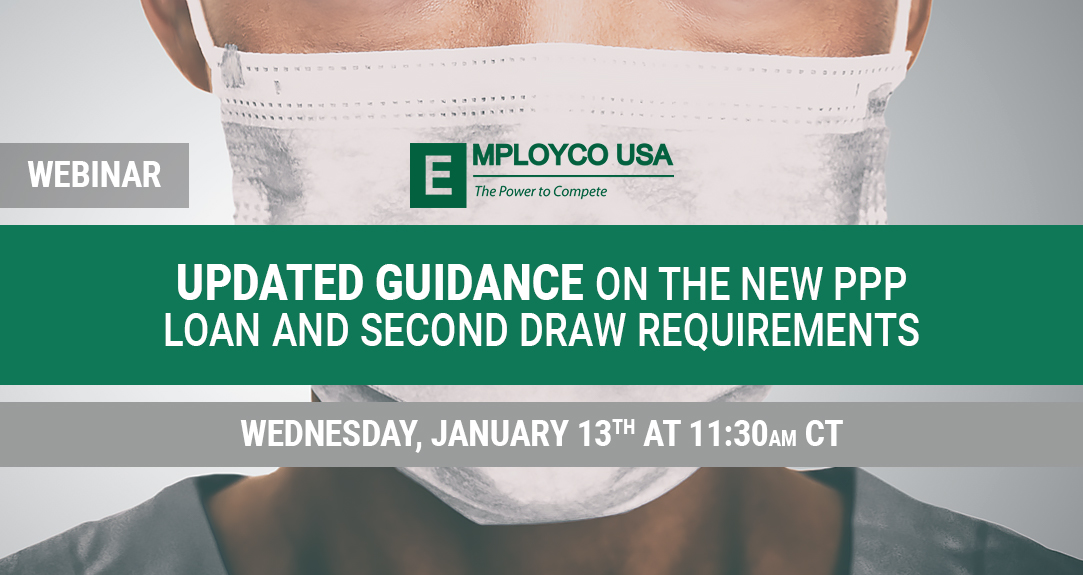Human resources expert Rob Wilson offers expert commentary on upcoming changes to employment
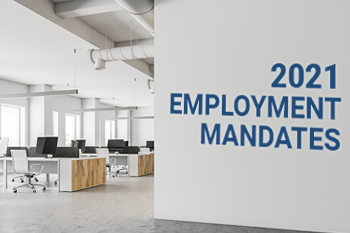 As we enter almost a year of the COVID-19 shutdowns as well as the first full month of President Biden’s tenure in the White House, employers should prepare for significant changes coming down the pipe in the next few months.
As we enter almost a year of the COVID-19 shutdowns as well as the first full month of President Biden’s tenure in the White House, employers should prepare for significant changes coming down the pipe in the next few months.
Rob Wilson, President of Employco USA, a national employment solutions firm, says that not only will President Biden make several substantial changes to employment regulations, but the focus of this administration will be vastly different than when Trump was in office.
“Trump focused heavily on things like deregulation. But now we’re going to see a focus on things like gender equality, pay transparency, and collective bargaining rights,” says Wilson, employment trends expert.
Here are some of the upcoming changes that Rob Wilson says we can expect to see in the workplace under President Biden’s leadership:
Anti-discrimination crackdowns. “Biden’s Equality Act prohibits discrimination based on sexual orientation and gender identity. What this means for employers is that they have to ensure that all of their employees feel safe and validated in the workplace. This means allowing transgender people to use the bathrooms of their choice, and to require coworkers and managers to use their preferred names and pronouns or face penalties.”
Continue reading →
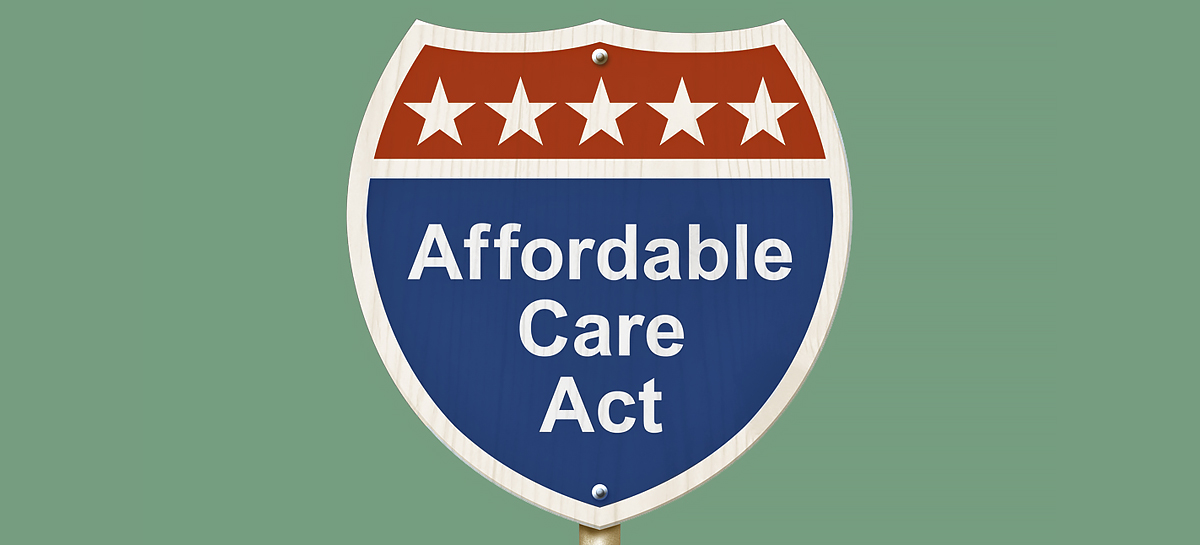



 As we enter almost a year of the COVID-19 shutdowns as well as the first full month of President Biden’s tenure in the White House, employers should prepare for significant changes coming down the pipe in the next few months.
As we enter almost a year of the COVID-19 shutdowns as well as the first full month of President Biden’s tenure in the White House, employers should prepare for significant changes coming down the pipe in the next few months.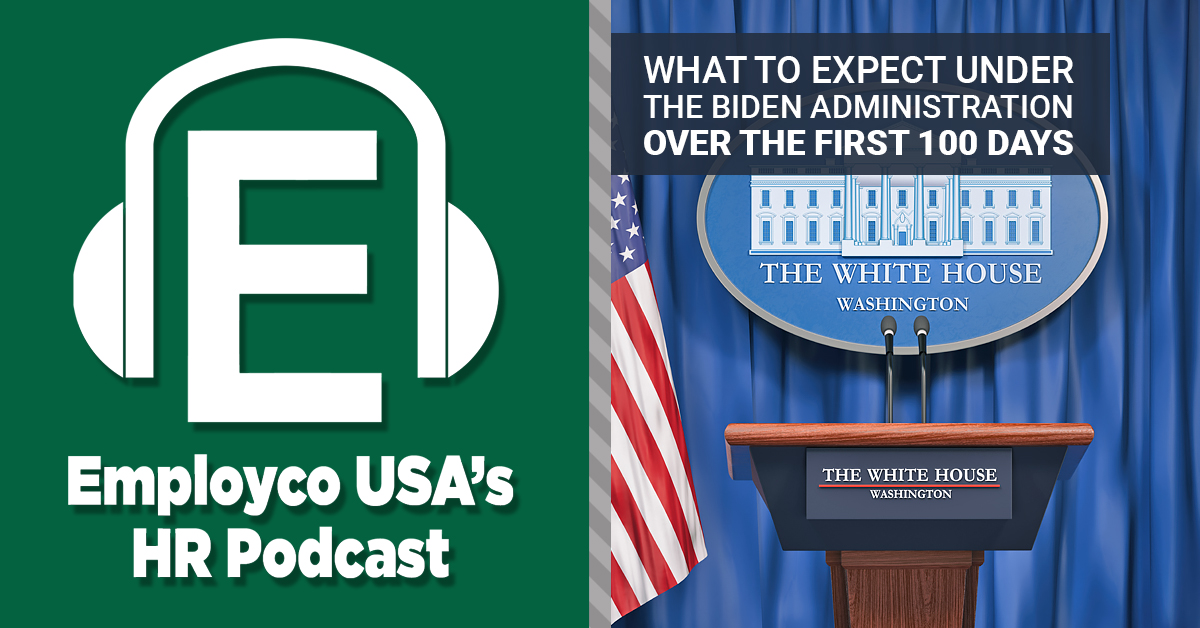
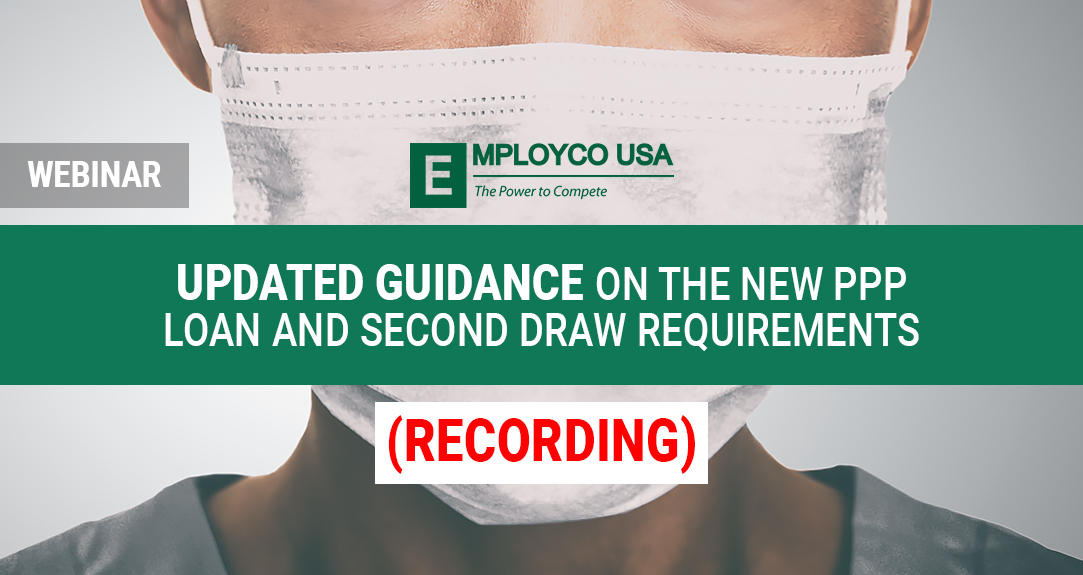
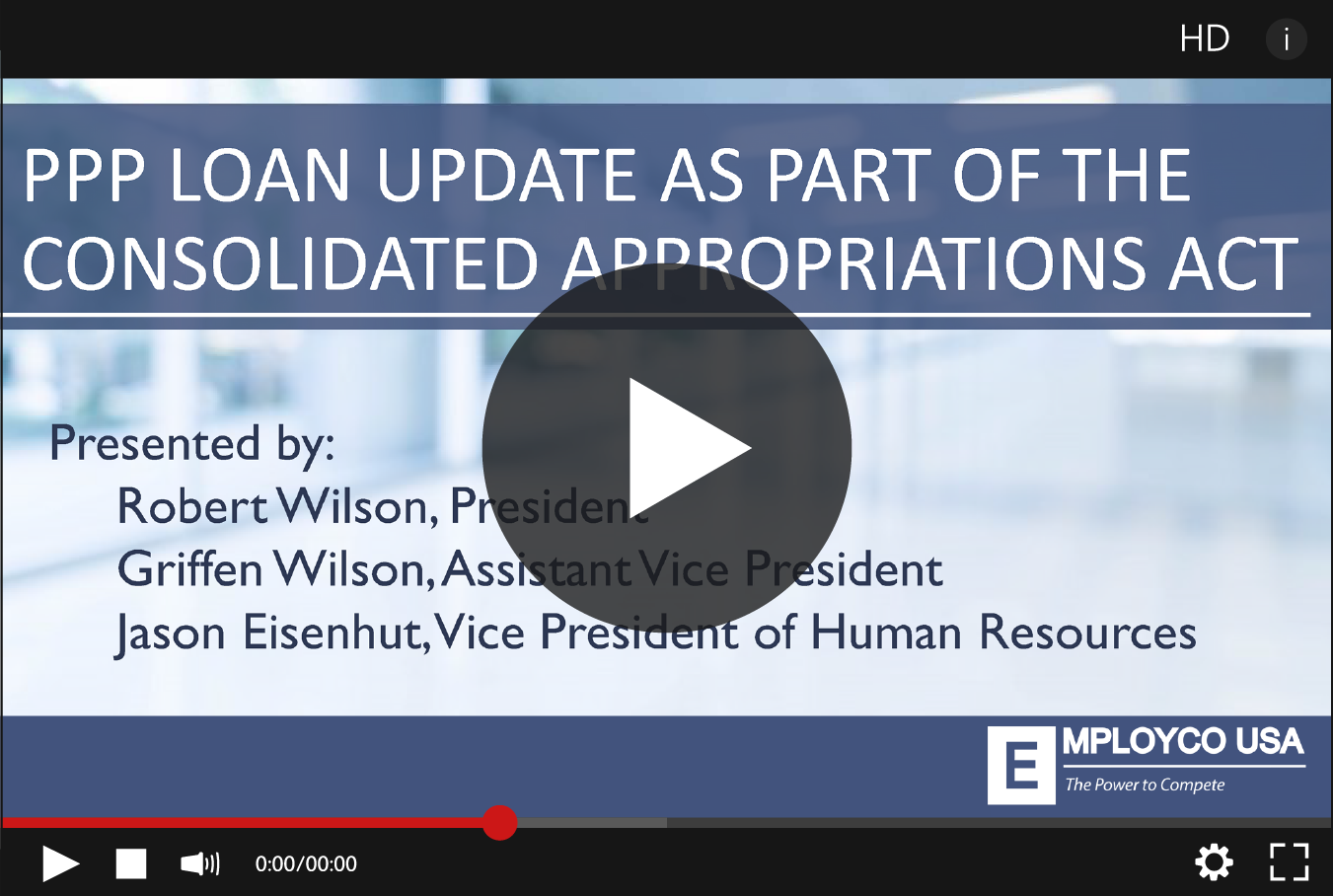
 With Inauguration Day upon us, many people are looking ahead at the first steps President-elect Joe Biden plans to take when he gets into office. One of his first major proposals (which Biden introduced last Thursday in his $1.9 trillion relief package) will be to increase the federal minimum wage from $7.25 to $15.
With Inauguration Day upon us, many people are looking ahead at the first steps President-elect Joe Biden plans to take when he gets into office. One of his first major proposals (which Biden introduced last Thursday in his $1.9 trillion relief package) will be to increase the federal minimum wage from $7.25 to $15.